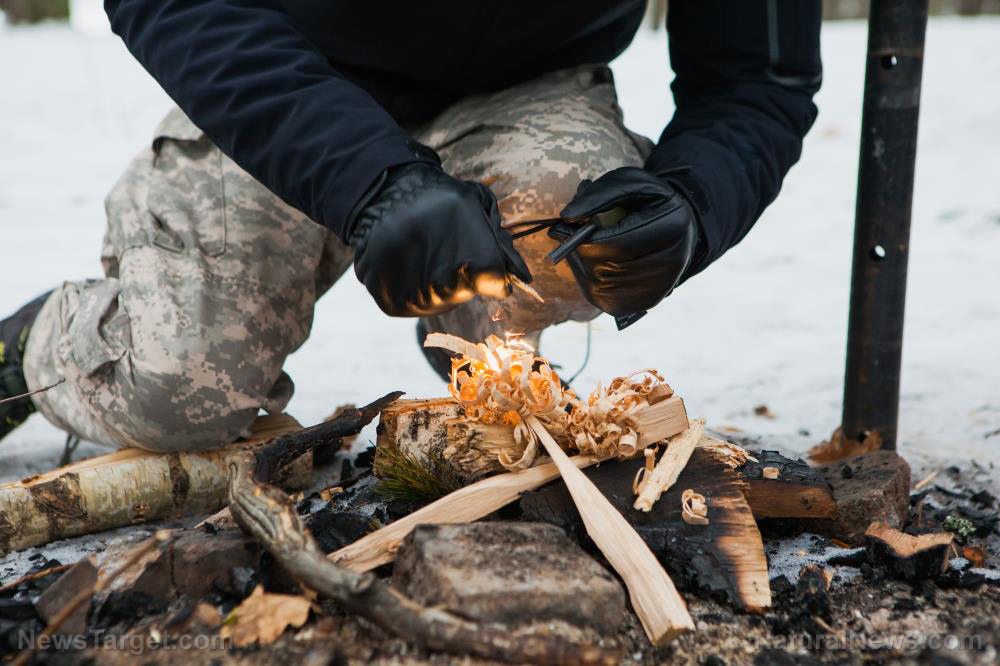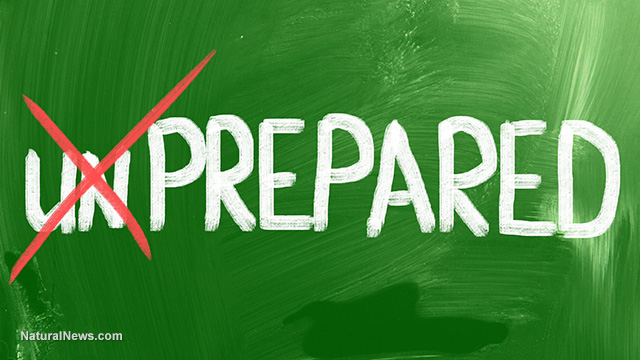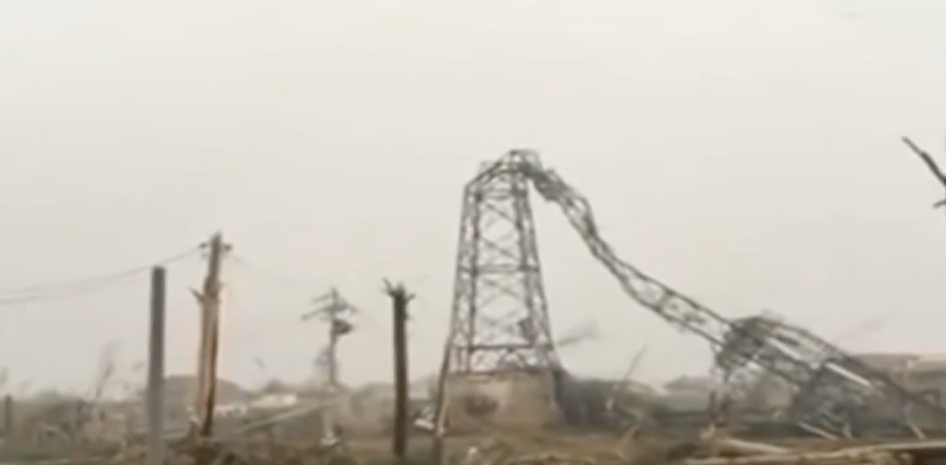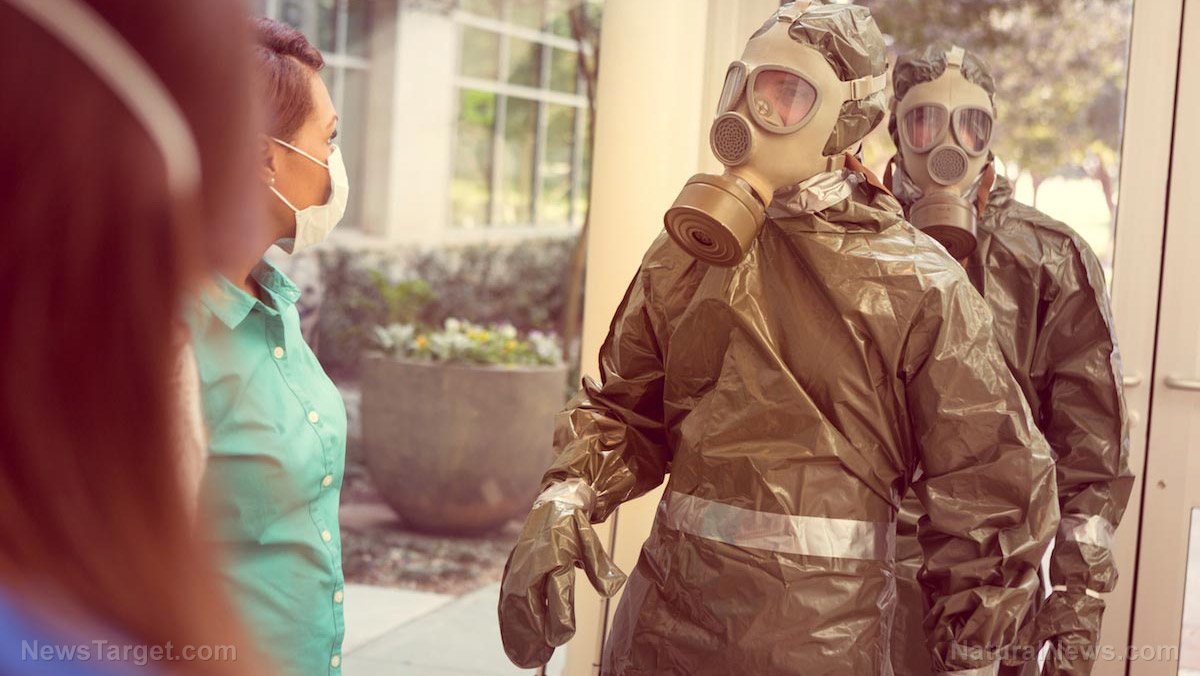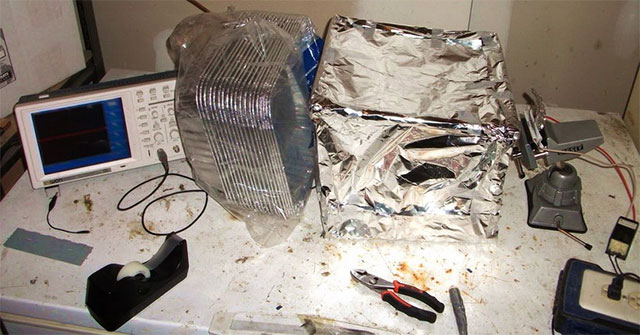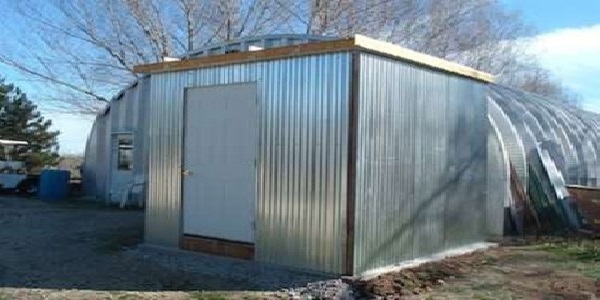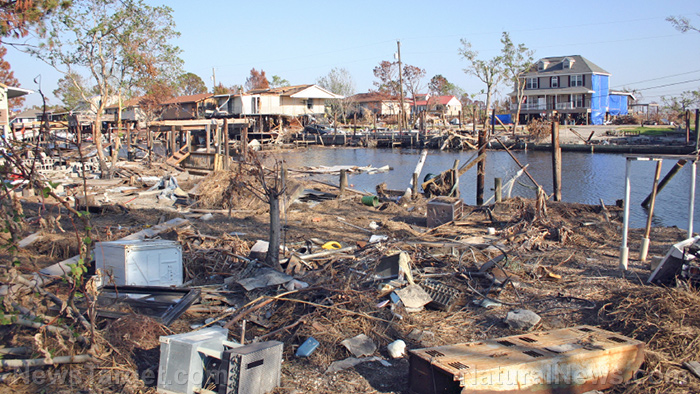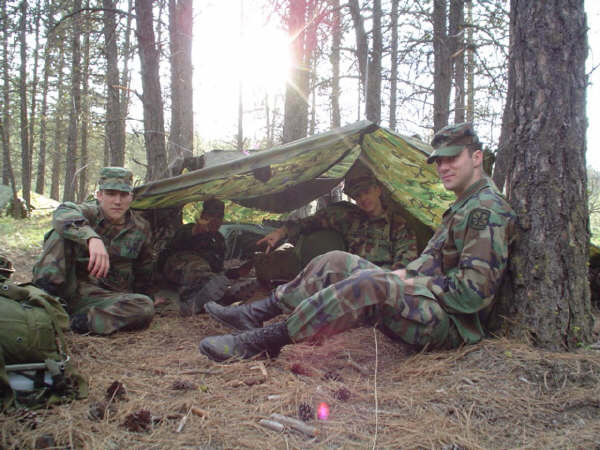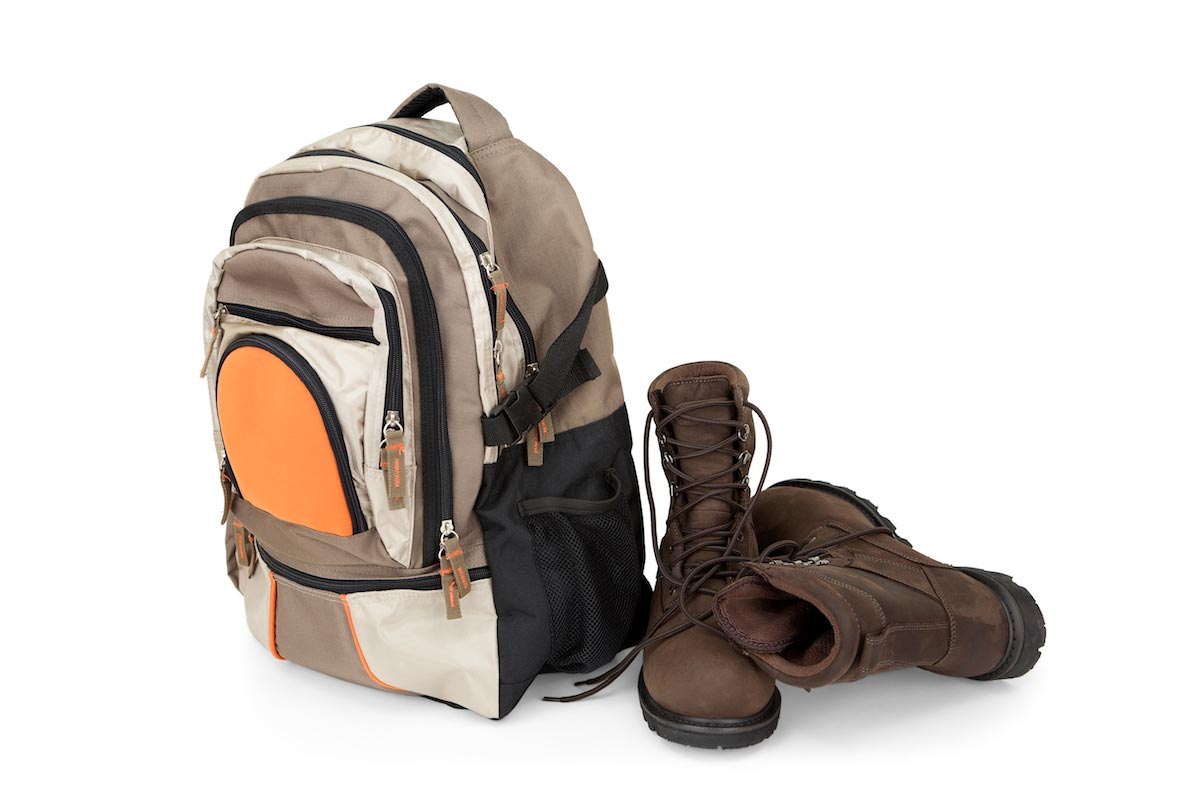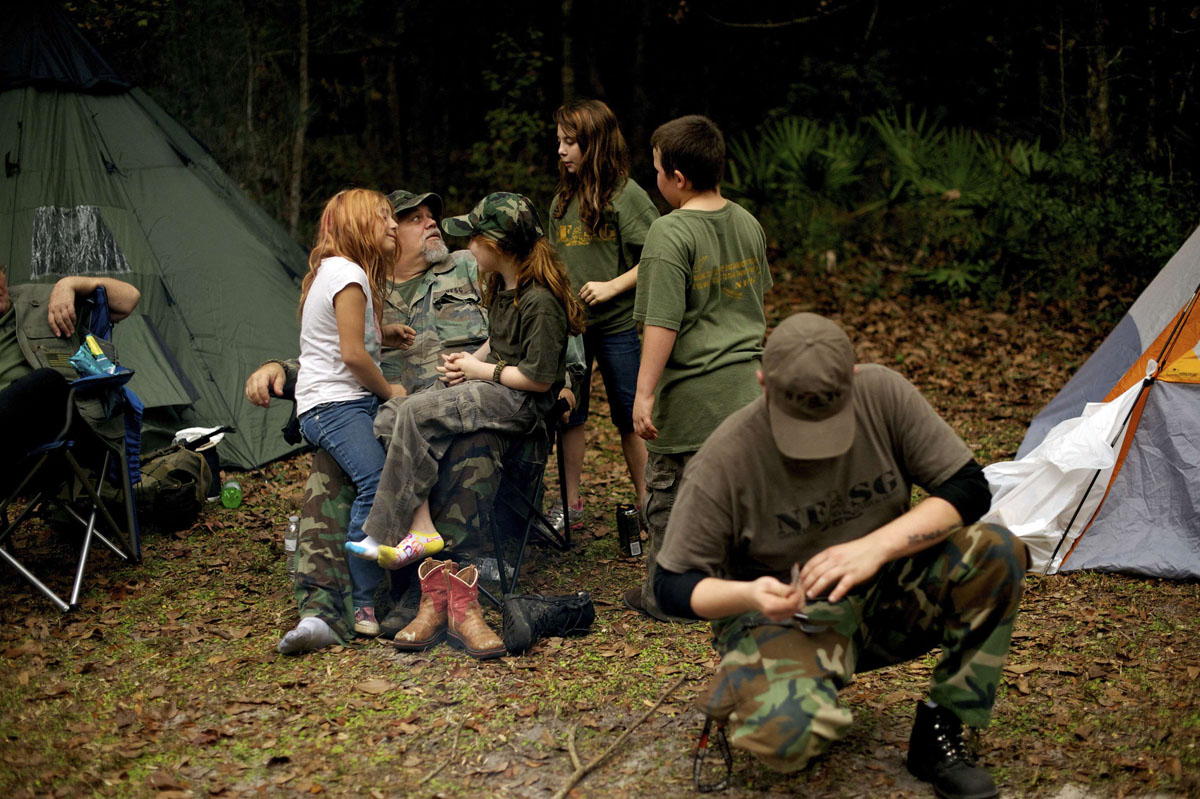Prepping for the post-apocalypse helps with smaller emergencies, too
08/17/2018 / By Zoey Sky

Prepping helps individuals get ready for scenarios like a financial crisis or a terrorist attack, but you can also use your various prepping skills for smaller emergencies like power outages or storms. (h/t to TheOrganicPrepper.com.)
Make sure that everyone in your family knows what to do during serious SHTF scenarios so you won’t have a hard time adjusting. When preparing supplies and gear, check if they have various applications so you’re always ready for various survival situations.
Even if you feel like you’re prepared enough to handle a storm, have a backup plan ready, just in case. Once you receive a storm warning, secure furniture outside your home so it doesn’t end up getting thrashed around by strong winds. Fortify your doors so everyone can stay safe.
If you live with a large family, teach them the basics of your tools and systems. Everyone old enough to handle machinery must know how to get the generator running so the people at home will have power even if the adults are stuck outside when a storm hits.
Prepare some entertainment for the whole family that doesn’t require an internet connection or batteries. Kids may get bored if you lose power during a storm, so set aside some board games or coloring books so they can stay occupied. You can have some books ready for the adults, too.
Check if you have backup power, like a generator, so you can at least keep the fridge running. This is crucial if anyone in the family has medical conditions that require different kinds of medication, like allergies, diabetes, or a heart condition. A generator can also keep everyone cool or warm, depending on the weather.
Prepare light sources so you don’t have to stumble around in the dark if the lights go out. Get flashlights for everyone, and show them where the extra batteries are.
Set up a cooking method that can run even without gas or power and keep your pantry well-stocked. This way, everyone can keep their energies up.
Consider a “short-term bug out“
Here are some tips if you need to leave your home when SHTF:
- If you need to evacuate, prepare to bug out with some willing family or friends. Ask if they’d be willing to help you out and how long they can accommodate you.
- Read up on alternate routes to hotels so you can reach your destination even if one option becomes impassable.
- Get a hard copy of these routes; keep them in a safe, and accessible. This way, you know where to go even if cell coverage or internet isn’t available. Keep an extra copy in your car, too.
- If you have pets, prepare a pet-friendly bugout bag (BOB) for them with crates, food, leashes, poop bags, and toys.
- Set aside an emergency fund so you can pay for food, gas, or a hotel if you have to bug out temporarily. If possible, keep cash on hand so you can still pay for items if the power goes out.
Tips for minor emergencies
When preparing for emergencies, think of the things that can go wrong, like a power outage or not having access to water, and create a plan so you can deal with these issues without getting stressed.
Regularly check your food supplies and prepping gear so you can stock up before SHTF. Get enough fuel for your generator or portable heating systems
Prepare yourself mentally and physically so you can handle whatever happens during a disaster.
Include your kids in your prepping plans. They need to know that during an emergency, they will have to conserve power or water.
Don’t rely on emergency services. Additionally, disaster relief won’t always be available, especially if your area becomes inaccessible. (Related: Twenty-eight benefits to prepping even if TEOTWAWKI doesn’t come.)
Learn how to solve problems creatively. If the normal way of dealing with something doesn’t work, try a different plan of attack.
Get some multi-purpose tools as well. You can use these tools for various situations:
- Baking soda
- Bleach
- Bungee cords
- Dental Floss
- Duct tape
- Honey
- Nails
- Plywood
- Superglue
- Tarps
Prepare for cold weather. Get a portable heater and set aside some blankets and warm clothing so the whole family can stay warm.
Account for the noise and bright lights of a generator. When the power goes out, other sounds from your house, such as noise generated by your generator, will be more noticeable. This may attract looters, so be prepared to defend yourself.
Maintain your generators, septic tanks, and other systems. Backup power can help make life during a power outage more comfortable.
Communication is a must when SHTF. If the internet goes down, a survival radio can help you stay in touch.
Schedule regular test runs. Check if your generator and backup systems are running smoothly when you do lose power. You may also need a backup cooling system if you have medication on hand. While a generator is useful, it isn’t always 100 percent reliable.
It’s good to prepare for extreme survival scenarios, but you can also use your prepping skills and equipment for smaller emergencies. Learn more at Preparedness.news.
Sources include:
Tagged Under: bug in, bug out, bugout bag, Collapse, disaster, emergencies, emergency supplies, Homestead, homesteading, off grid, Power Outage, preparedness, prepper, prepping, prepping tips, self sufficiency, self-reliance, self-sustainability, SHTF, survival, survival skills, Survival Tips, survivalist

